

Anchor bolts for wood are essential fasteners used to securely attach wooden structures to concrete foundations. Selecting the right type, size, and installation method is critical for ensuring structural integrity and safety. This guide explores the various types of anchor bolts for wood, their applications, installation techniques, and factors to consider when choosing the appropriate fasteners for your project.Understanding Anchor Bolts for WoodAnchor bolts for wood provide a strong and reliable connection between wood structures and concrete or masonry foundations. They resist tension, shear, and uplift forces, ensuring the stability and longevity of buildings and other structures. Choosing the correct anchor bolts for wood is vital for safety and compliance with building codes.Types of Anchor Bolts for WoodSeveral types of anchor bolts for wood are available, each designed for specific applications and load-bearing requirements. Here are some of the most common types: J-Bolts: These bolts have a J-shaped hook at one end, which is embedded in the concrete during pouring. They are commonly used for general-purpose anchoring. L-Bolts: Similar to J-bolts, L-bolts have an L-shaped hook for embedding in concrete. They offer good resistance to pull-out forces. Sleeve Anchors: These anchors consist of a bolt surrounded by a sleeve that expands when tightened, providing a secure grip in the concrete. They are suitable for medium to heavy-duty applications. Wedge Anchors: Wedge anchors use a wedge-shaped clip that expands as the bolt is tightened, creating a strong friction grip within the concrete. They are ideal for high-load applications. Expansion Bolts: Expansion bolts use an expanding shield to grip the concrete. They are commonly used for attaching wood to existing concrete structures. Chemical Anchors: These anchors use a resin adhesive to bond the bolt to the concrete. They offer high strength and are suitable for critical applications where high pull-out resistance is required.Materials Used in Anchor Bolts for WoodAnchor bolts for wood are typically made from steel, often with a protective coating to prevent corrosion. Common materials include: Carbon Steel: A cost-effective option for general-purpose applications. It may be zinc-plated or galvanized for corrosion resistance. Stainless Steel: Offers excellent corrosion resistance and is suitable for outdoor or marine environments. Alloy Steel: Provides higher strength than carbon steel and is often used in heavy-duty applications.Selecting the Right Anchor Bolts for WoodChoosing the appropriate anchor bolts for wood depends on several factors, including the type of wood, the concrete strength, the applied loads, and the environmental conditions.Factors to Consider Load Requirements: Determine the anticipated tension, shear, and uplift forces. Consult engineering specifications or building codes to ensure the anchor bolts for wood can handle the loads. Concrete Strength: The strength of the concrete affects the anchor bolt's holding power. Ensure the anchor bolts for wood are compatible with the concrete's compressive strength. Wood Type: The type of wood used in the structure also matters. Softer woods may require larger or more numerous anchor bolts for wood to distribute the load effectively. Environmental Conditions: Consider the exposure to moisture, chemicals, or extreme temperatures. Use corrosion-resistant materials like stainless steel in harsh environments. Building Codes: Comply with local building codes and regulations regarding anchor bolts for wood installation.Installation TechniquesProper installation is crucial for the performance of anchor bolts for wood. Follow these general steps: Drill Holes: Drill holes in the concrete foundation according to the anchor bolt manufacturer's specifications. Use a drill bit that matches the diameter of the anchor bolt. Clean Holes: Thoroughly clean the drilled holes to remove dust and debris. Use a wire brush and compressed air for best results. Insert Anchor Bolts: Insert the anchor bolts for wood into the holes. For wedge anchors and sleeve anchors, ensure the anchor is fully seated. Tighten Bolts: Tighten the anchor bolts for wood to the manufacturer's specified torque. Use a torque wrench to ensure proper tension. Inspect: Inspect the installed anchor bolts for wood to ensure they are properly seated and tightened.Applications of Anchor Bolts for WoodAnchor bolts for wood are used in a wide range of applications, including: Residential Construction: Securing sill plates to concrete foundations in houses and other residential buildings. Commercial Construction: Anchoring wooden beams, columns, and walls in commercial structures. Deck Construction: Attaching deck posts and railings to concrete footings. Post-Frame Buildings: Securing the posts of post-frame buildings to concrete piers. Signage: Anchoring wooden signposts and supports to concrete bases.Working with Hebei Muyi Import&Export Trading Co.,Ltd as Your Anchor Bolts for Wood ManufacturerWhen selecting a manufacturer for anchor bolts for wood, it's essential to consider their reputation, product quality, and customer service. Hebei Muyi Import&Export Trading Co.,Ltd, known for providing high-quality construction fasteners, offers a range of anchor bolts for wood designed for various applications.Benefits of Choosing Hebei Muyi Wide Product Range: Offers a comprehensive selection of anchor bolts for wood to suit different needs. Quality Assurance: Products undergo rigorous testing to ensure they meet industry standards and performance requirements. Competitive Pricing: Provides cost-effective solutions without compromising on quality. Expert Support: Offers technical assistance and guidance to help you choose the right anchor bolts for wood for your project.Comparing Different Types of Anchor Bolts for WoodTo help you make an informed decision, here is a comparison of different types of anchor bolts for wood: Type of Anchor Bolt Typical Load Capacity Pros Cons Best Use Cases J-Bolts Low to Medium Simple installation, Cost-effective Lower pull-out resistance General-purpose anchoring in poured concrete L-Bolts Medium Good pull-out resistance More complex installation than J-Bolts Applications requiring slightly higher pull-out resistance Sleeve Anchors Medium to High Easy to install, good holding power Can loosen over time with vibration Attaching fixtures to existing concrete Wedge Anchors High Very strong grip, reliable in high-load situations Requires precise hole drilling Heavy-duty applications, structural connections Expansion Bolts Medium Suitable for existing concrete Holding power depends on the quality of concrete Light to medium load applications on existing concrete structures Chemical Anchors Very High Extremely high pull-out resistance, suitable for critical applications More complex installation, requires special equipment Critical structural connections, high-load applications ConclusionChoosing the right anchor bolts for wood is crucial for ensuring the structural integrity and safety of your projects. By understanding the different types of anchor bolts for wood, considering the factors that affect their performance, and following proper installation techniques, you can ensure a strong and reliable connection between wood and concrete. Contacting a reputable manufacturer like Hebei Muyi Import&Export Trading Co.,Ltd can provide you with high-quality anchor bolts for wood and expert guidance for your specific needs.

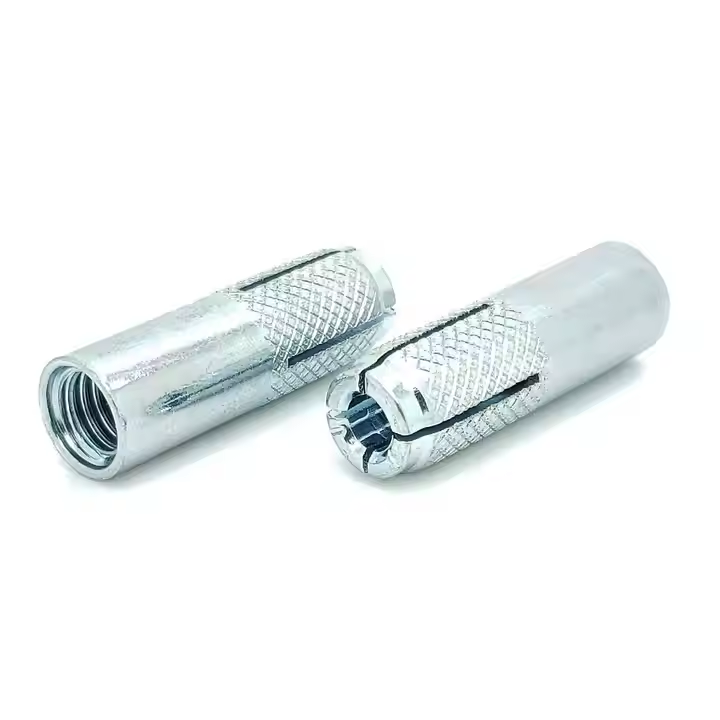


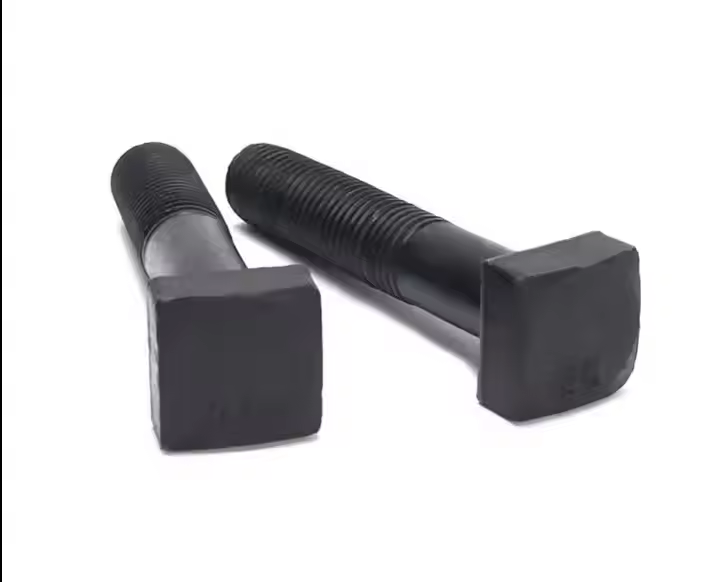
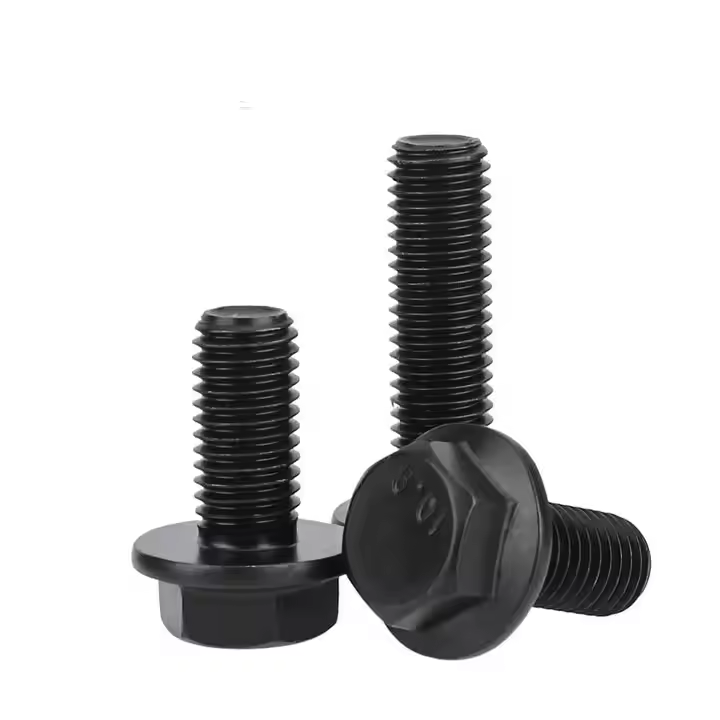

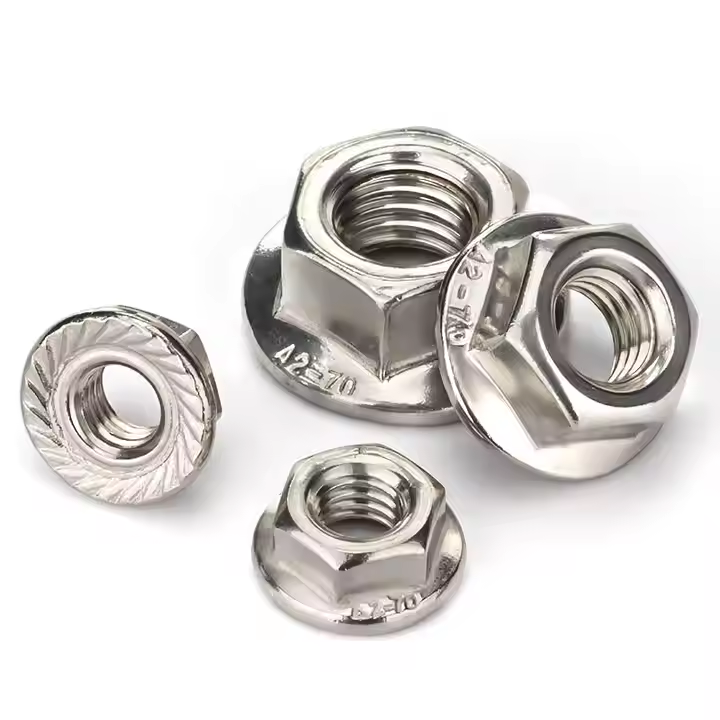

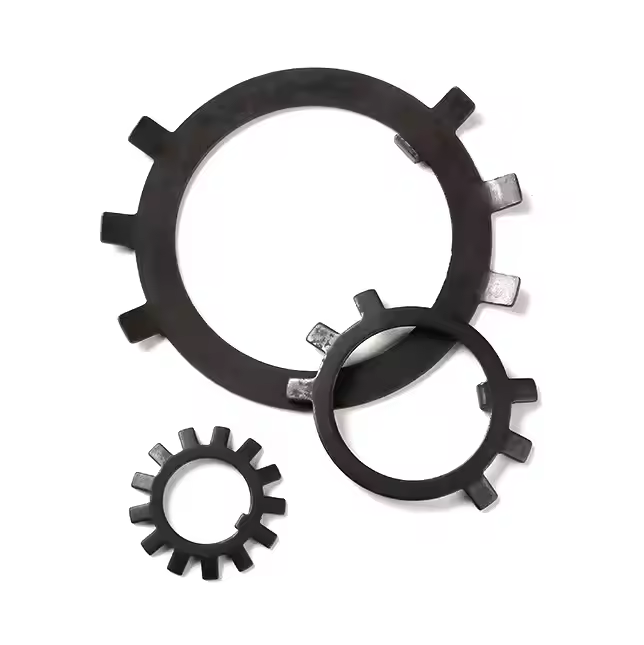



Please enter your email address and we will reply to your email.